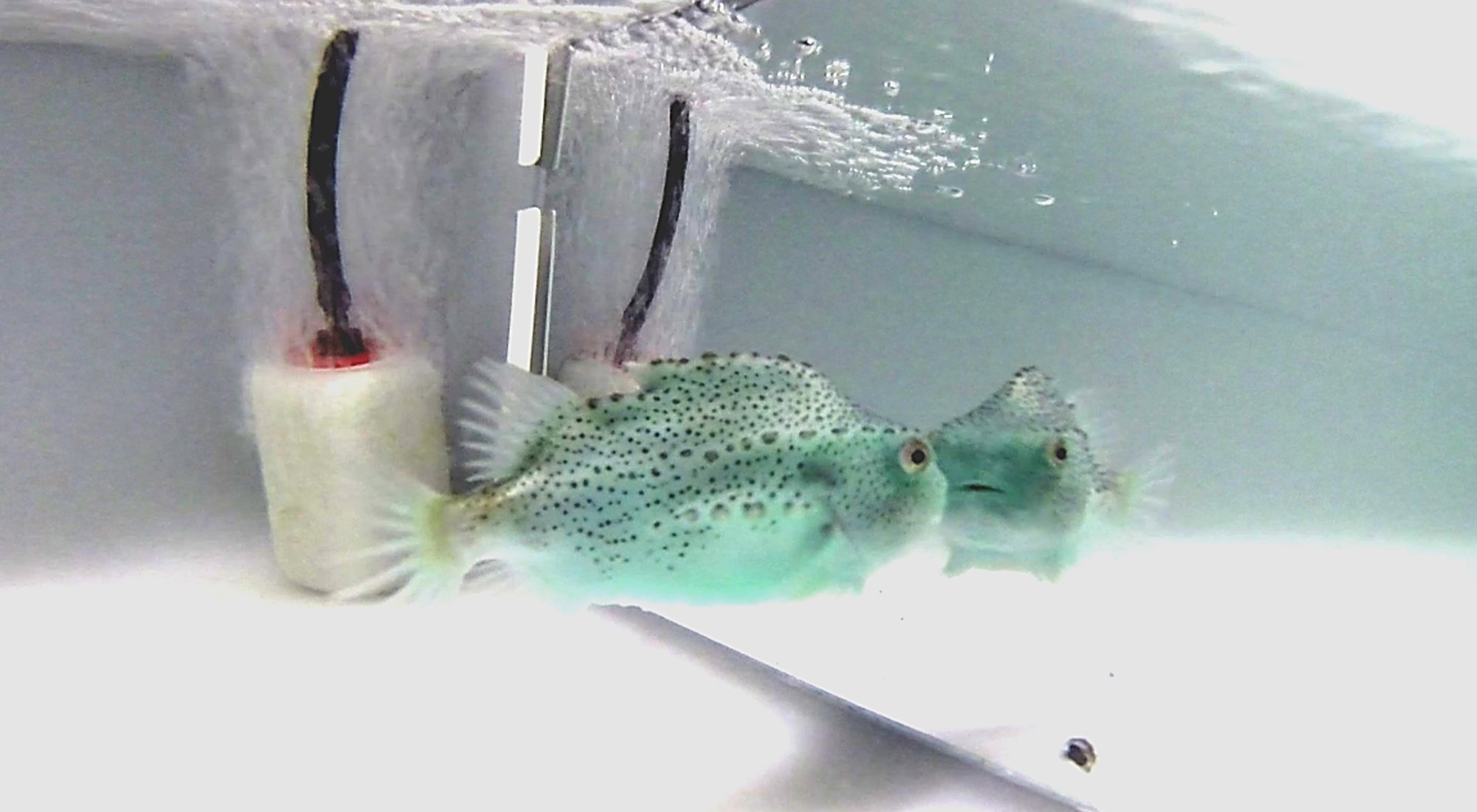About the Research Integrity, Ethics and Governance sub-committee (REC)
The FSE Research Integrity, Ethics and Governance sub-committee provides a strategic overview of research ethics and governance issues within FSE and in relation to other faculties and the University. The sub-committee reports directly to the University Research Integrity: Ethics and Governance committee.
The committee is represented by members from each school within the FSE. Each department also has a sub-committee who review ethical applications from their respective departments.
The remit of the committee is to ethically screen all research activities within the FSE (when conducting research outside the UK, ethical permissions should be sought locally as well as through the FSE REC).
Why is ethics approval needed?
- Upholding Research Integrity: Ethical approval ensures that the research we conduct meets the highest standards of integrity. It is a testament to our commitment to producing reliable, genuine, and trustworthy results.
- Protecting Participants: Particularly in human and animal research, ethical clearance is of paramount importance to ensure the well-being, rights, and dignity of participants are not compromised. This is essential not just from a moral standpoint but also to ensure the validity of our data.
- Ensuring Data Accuracy: When research protocols are reviewed for ethics, potential flaws or biases in the methodology can be identified and rectified. This leads to better and more accurate results.
- Building Public Trust: For our research to have a lasting impact, it must be trusted by both our peers and the public. Adhering to ethical guidelines assures them of our dedication to rigorous and responsible research.
- Avoiding Legal and Institutional Repercussions: Collecting data without ethical approval can lead to severe consequences, ranging from retraction of published works to legal actions.
It is therefore paramount that all researchers understand and respect the significance of ethical considerations in their work. Not only is it a reflection of our professionalism, but it also determines the value and impact of our contributions to the academic world.
When is ethics approval needed?
All research activity needs ethical approval. However, the FSE Ethics Committee notes that there is no single accepted definition of “research” as this can vary depending on subject and also context. For example students may be asked to “research” a subject when it is meant to simply gather information and read or consult some sources.
Therefore the operational definition of research that the FSE has adopted to help us screen research projects for research ethics compliance is:
Research is a process of inquiry that entails the collection of data and the use of reasoning to establish facts, reach conclusions and generate knowledge.
Similarly the agreed definition for data in the context of Research ethics is:
Data are materials, facts, and statistics collected together for reference or analysis via research.

